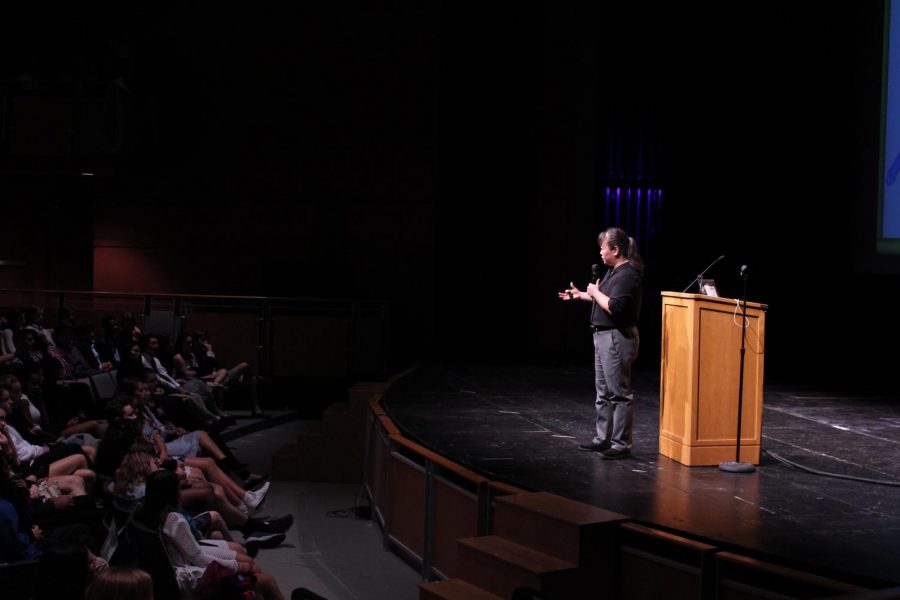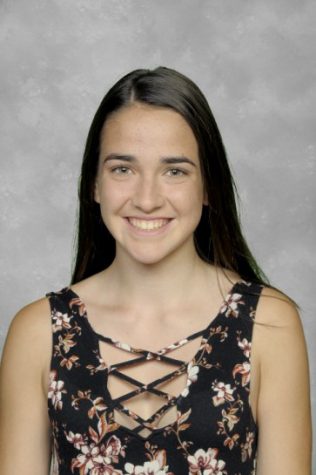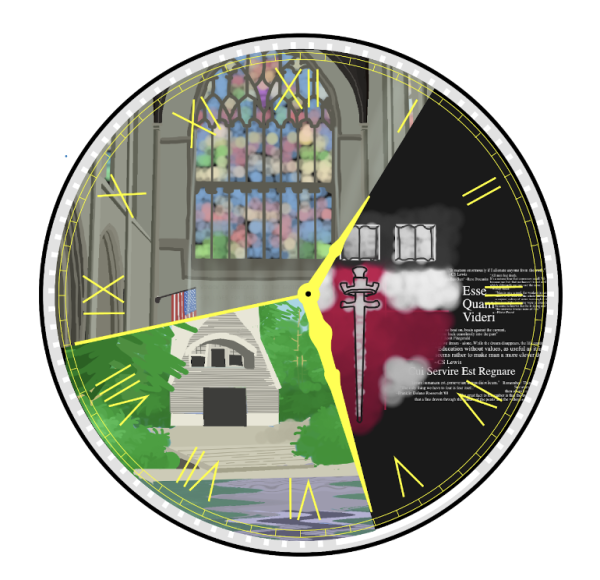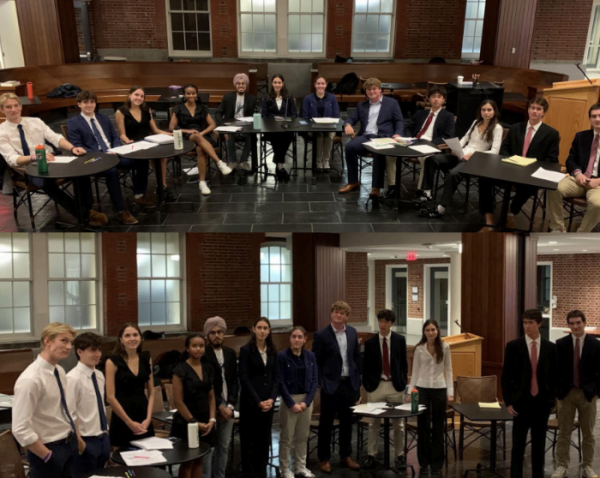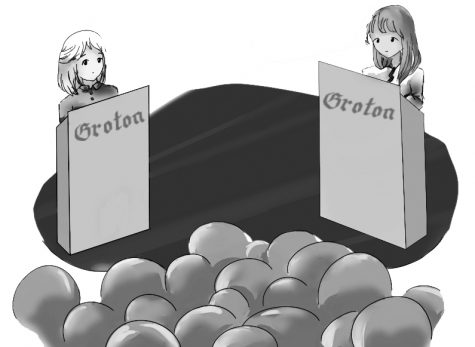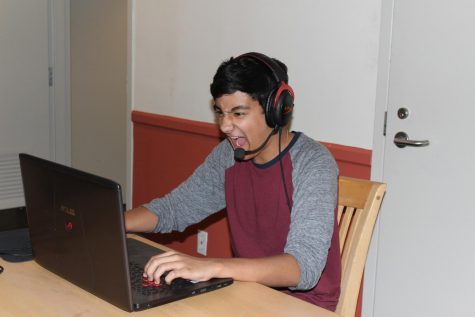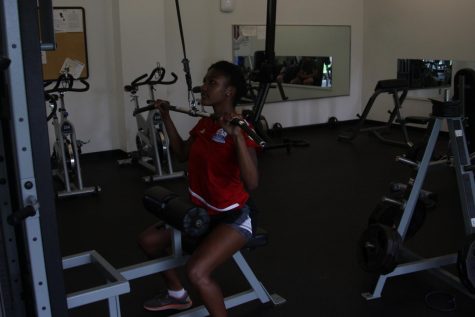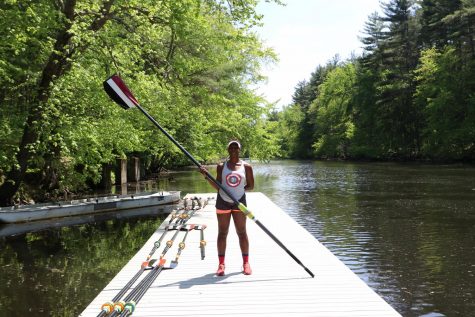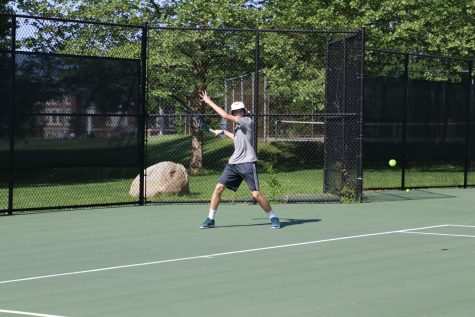Rosetta Lee Confronts Microaggressions
Rosetta Lee delivered a Diversity and Inclusion Circle Talk on October 9. In it, she discussed how we should identify and address microaggressions and their perpetrators. While she talked for much of the hour, she left much time for students to talk to one another and practice the methods she taught.
Both a teacher and a diversity speaker, Rosetta Lee dedicates her life to educating young people across America. Even though her main job and focus is as a middle school science teacher in Washington state, she has always had a “side passion for diversity and inclusion.” As a gay Korean-American woman from a poor background, she says she has felt “adversity and microaggressions” in countless different forms and is working towards rooting out the “accidental oppressive undercurrents” in society.
Growing up, Rosetta (“call me Rosetta – the only people that call me Ms. Lee are the IRS”) faced obstacles of feeling misunderstood, particularly because she was Korean and gay. “My parents weren’t exactly understanding when I came out,” she said. “Their reaction was basically ‘we’re already Korean and poor, you’re telling us you’re gay too?’ It’s still a big obstacle in our relationship. I just had to ask my mom to stop the anti-LGBT talk when I’m around, because I couldn’t make her understand. Sometimes you just have to compromise like that.”
Her Korean identity was a struggle for her as well, particularly in school. She recounted a time when she and her classmates were learning about the Korean War, and the teacher played a graphic video that showed Koreans running away from the war zone and falling off bridges. “I understood that that was to show my non-Korean classmates how horrible it was,” she said, beginning to tear up, “but for me, it just triggered so many emotions, especially considering my grandparents had actually gone through that. It still makes me upset.” That’s why she became a diversity and inclusion speaker, she said: “to make sure that efforts to promote inclusion aren’t actually harmful.”
At the beginning of her professional life, Rosetta did not incorporate her passion for inclusion into her career. She was exclusively a science teacher, but her passions flared up and hindered her path to success at times. “I went through an angry phase,” she said, “where I would yell at people like my bosses when I witnessed them being unfair. It got me fired from some jobs.” Eventually, she began working on blending her interest in inclusion with her career to boost it, trying to create a “kick-butt science curriculum with a social justice spin.” This made her a natural fit for the Seattle Girls School (SGS), where she works now, for their mission is to “inspire and develop courageous leaders who think independently, work collaboratively, learn joyfully, and champion change.”
Rosetta was encouraged by this integration of inclusion into the curriculum, and frequently attended diversity and inclusion conferences. However, while she found them “fascinating and inspiring,” she couldn’t find any speakers or meetings that dealt with incorporating social justice lessons into the science classroom. Rosetta’s boss encouraged her to do it herself. As Rosetta started to give talks, the offers kept rolling in, until her travels to different school campuses started to compromise her teaching job. However, her boss encouraged her to continue to educate, promising that she could keep her job.
“I pray that that’s true,” Rosetta said, laughing, “I’m desperate to get back.” As long as she’s “relevant,” she says, she will continue working, but her one true passion is being a science teacher. “I miss my girls,” she said. “I’m trying to work myself out of a job.”


